Why didn't her husband stop this nonsense with his mother?
MIL Said We’d Never Be Part of “Her” Family, She Wasn’t Ready for My Payback
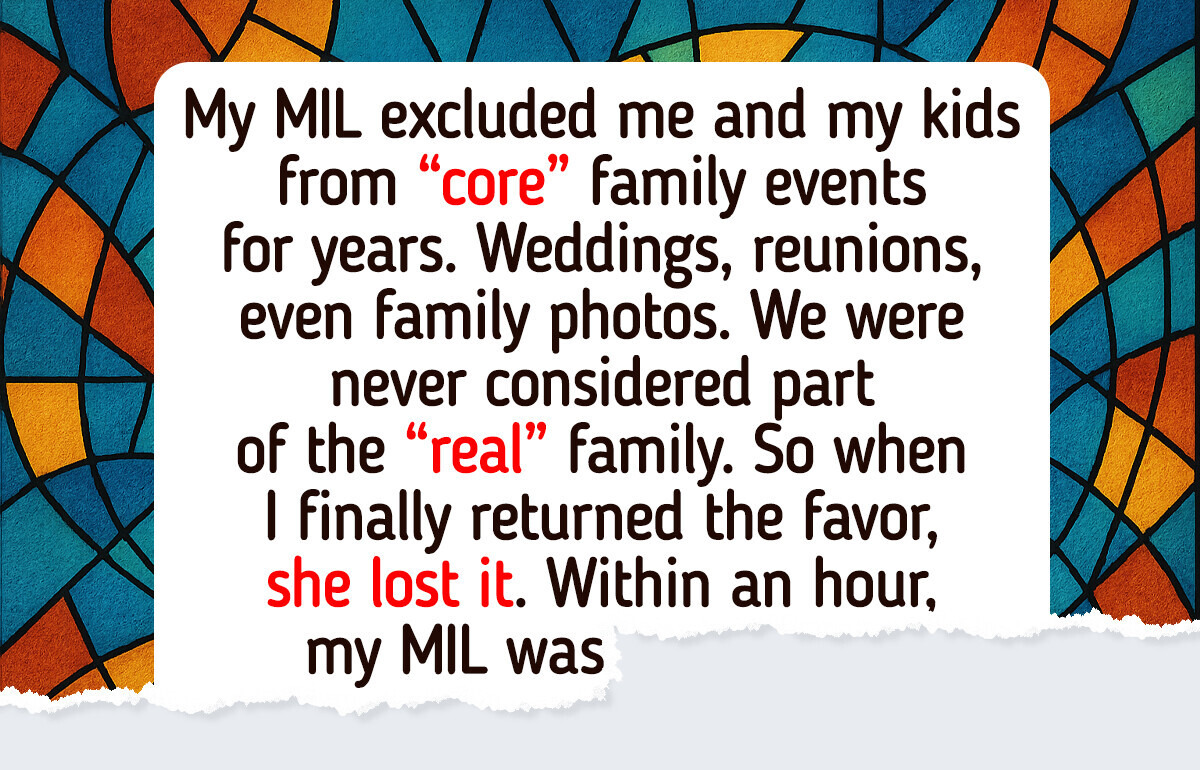
Navigating relationships with in-laws can present unexpected challenges, especially when it comes to balancing family traditions, expectations, and mutual respect. When one side of a family feels consistently left out, tensions can build over time.
One of our readers reached out.
Dear Bright Side,
When I married my husband, I never imagined how excluded I’d feel from his family. Over the years, my MIL made it clear that my side of the family—and even my children—weren’t really “part of them.” My MIL excluded me and my kids from “core” family events for years. Weddings, reunions, even family photos. We were never considered part of the “real” family.
I put up with it longer than I should have, always hoping things would improve. I kept inviting her to events, kept explaining away her behavior to my parents and my kids. But it all came to a head when my daughter asked why Grandma never put her in any of the family pictures. That’s when I realized I wasn’t just tolerating disrespect, I was modeling it for my children.
So when I finally returned the favor, it felt like the most natural thing in the world. We threw a beautiful birthday party for my daughter—her first real celebration in years, filled with friends, cake, and the people who truly love her. My MIL wasn’t invited. She lost it.
What she did next left me heartbroken. Within an hour, my MIL was blowing up both our phones. She was calling me petty and cruel, and telling my husband he should be ashamed. She still hasn’t acknowledged how her years of exclusion hurt us. But now she knows what it feels like to be left out.
I didn’t do it out of revenge. I did it to protect my kids. And I don’t regret it for a second.
Thank you for reaching out to us. We know dealing with a situation like this can be difficult. Here are a few tips that might help you out.
Set clear boundaries early.
When you start noticing signs of exclusion, it’s important to address it directly. Have a calm, honest conversation with the person involved and express how their behavior makes you feel. Let them know what kind of treatment you expect going forward.
Boundaries aren’t about creating division, they’re about protecting your family’s emotional space and establishing mutual respect.
Prioritize your children’s emotional health.
Children are observant. If they notice favoritism, exclusion, or a lack of acknowledgment from certain family members, it can deeply impact their self-esteem. Validate their feelings when they bring these things up, and help them understand that the issue isn’t about them, it’s about someone else’s inability or unwillingness to treat them fairly.
Most importantly, model how to set healthy boundaries by taking action when necessary. Kids learn by watching, and showing them that you won’t tolerate disrespect teaches them to value themselves, too.
Don’t be afraid to reciprocate energy with intention.
Choosing not to invite someone who’s repeatedly excluded you or your family isn’t petty, it’s often a protective, deliberate response. If someone has shown you that they won’t treat your family with the same consideration they expect in return, it’s okay to step back.
Reciprocating energy isn’t about revenge, it’s about creating balance and showing that your time, effort, and presence are valuable too. Just be sure your actions align with your values and are motivated by self-respect, not resentment.
Focus on who shows up for you.
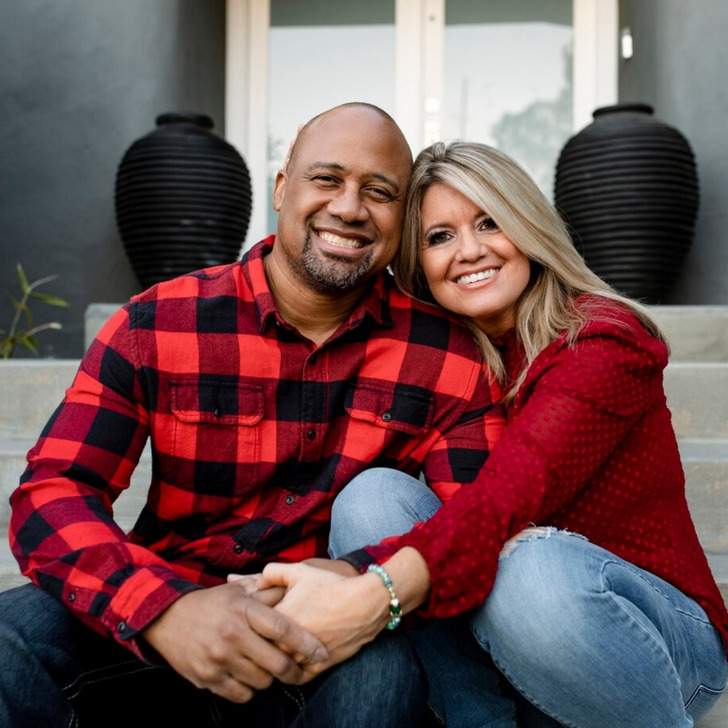
I would have done more than that. OP didn't "give it to her" like she should have! I would have waited until the next even that I WASN'T invited to, and I would have shown up with my husband, and when she acted funny, or asked why we were there, I would have blasted her AND my husband, and walked out with my children! They would never have had to worry about seeing us ever again! THAT'S how you get your revenge!!
It’s easy to get caught up in trying to win the approval of difficult family members, but constantly chasing validation can drain you emotionally. Instead, pour your energy into the people who are present, supportive, and loving, whether they’re blood relatives or chosen family. Celebrate those connections and build traditions with people who make your family feel seen and valued.
Shifting your focus helps you reclaim joy and fosters a more positive family environment for your children and yourself.
Situations involving family exclusion can bring up deep emotions and difficult choices. While there may not be a one-size-fits-all solution, how individuals respond often reflects their values, boundaries, and priorities.
Comments
Where was your husband during all this .
I friggin cackled when she said "so I decided to exclude her too", like excuse me, she doesn't even keep pictures of your kids and you were inviting her to your family's events? What? If somebody acted like this to me it would just be natural and automatic to think "oh well I guess they don't like us" and simply not invite them back, holy doormat batman
Similar situation. Dil sister and mom have arguments that upset and traumatized the grandkids. Grandkids do NOT WANT to visit but Mom makes them. Not my place to say anything but I truly hate for the kids to be exposed to it.
Good for her! Same situation with my husband's family.. only difference is that they would never have noticed not being invited. They wouldn't have wanted to attend anyway.
Marry into a wealthy family and youll definetly experience this.
Related Reads
My MIL Embarrassed My Son but Karma Had My Back

10 People Who Unearthed a Secret They Weren't Ready For
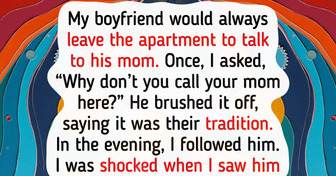
11 Family Secrets That Read Like a Hollywood Tragedy
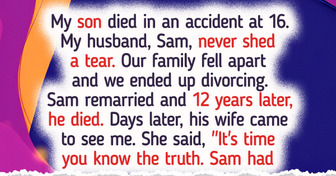
My Marriage Was Ruined by My Stepdaughter, But My Revenge Was Oh-So-Sweet

15 True Events So Disturbing They Defy All Logic
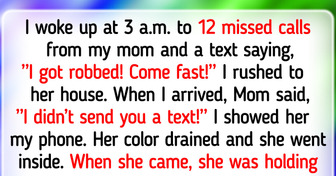
My MIL Drops a Crushing Secret on My Daughter, and Our Family Falls Apart

My Best Friend Is Planning to Get Married, but Her Fiancé Has Different Intentions

10 Times Kids Spilled Family Secrets and Shocked the Entire Room

I Refused to Babysit My Sister’s Kids for Free, Now My Whole Family Is Against Me
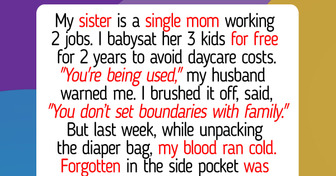
16 Tiny Acts From Strangers That Left Permanent Marks on People

I Refused to Let My 32-Year-Old Daughter Live With Me Rent Free—Until She Told Me the Real Reason

I Refused to Follow My Boss’s Dress Code—HR Had to Step In




